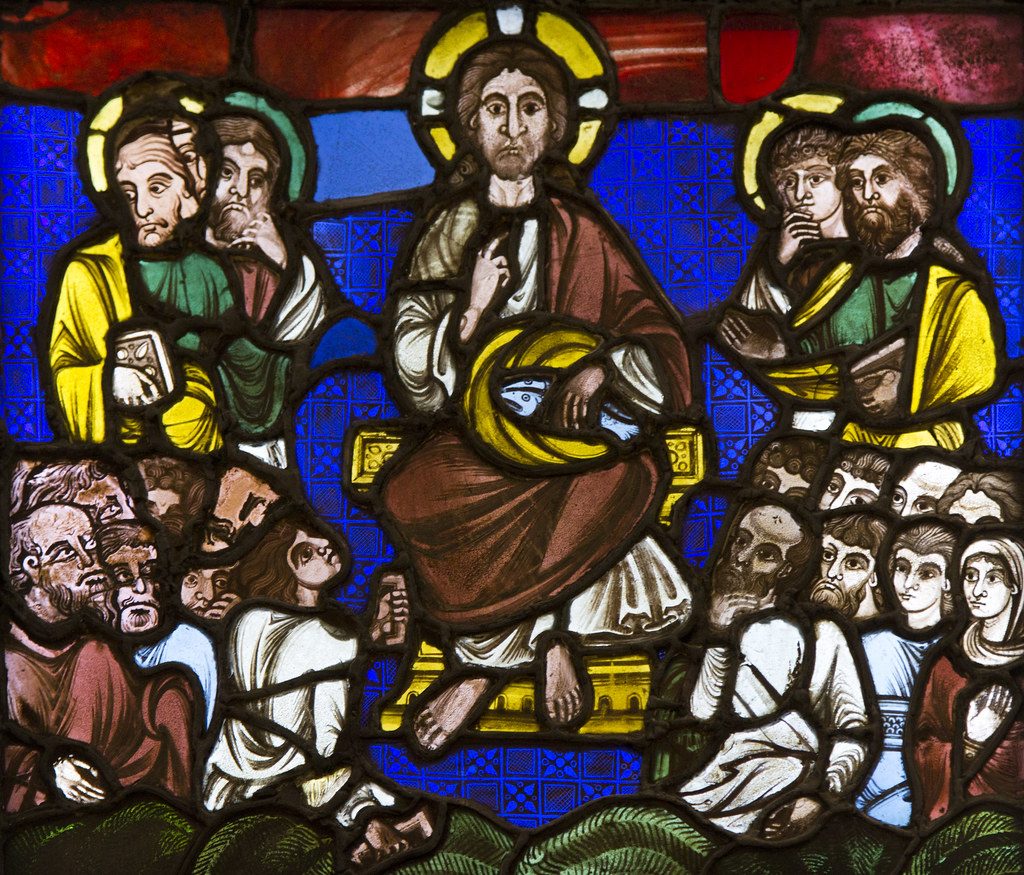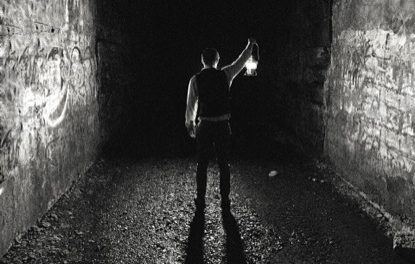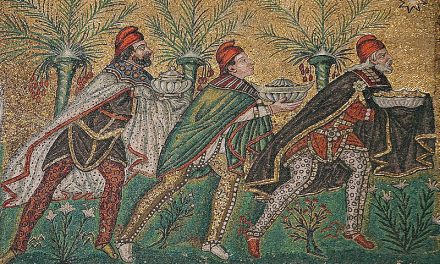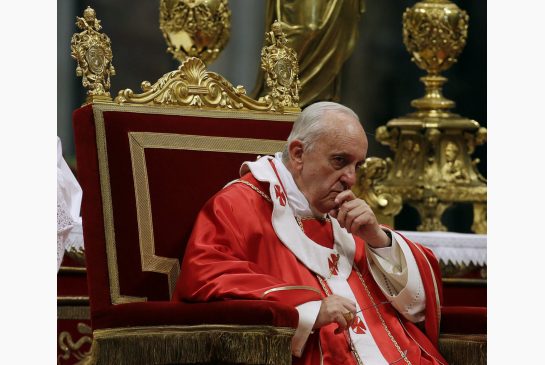
Today is December 1, World AIDS Day. It is the day that advocates around the world review the data on how far we have come and the work that still must be done to achieve a world without AIDS by 2030.
Some highlights published by UNAIDS today include:
- 37.7 million people globally were living with HIV in 2020
- 1.5 million people became newly infected with HIV in 2020
- 680,000 people died from AIDS-related illnesses in 2020
- 28.2 million people were accessing antiretroviral therapies as of June 2021
When we look at these numbers in comparison to previous trends, there is much to celebrate. New HIV infections have been reduced by 52% since the peak in 1997. AIDS related deaths have been reduced by 64% since the peak in 2004 and by 47% since 2010.
But there are also alarming trends, exacerbated by COVID-19 and rampant inequalities. People living with HIV experience more severe outcomes and have higher comorbidities from COVID-19 than people not living with HIV. In mid-2021, most people around the world living with HIV still did not have access to the COVID vaccine. COVID lockdowns have led to increased domestic violence as well as declines in HIV testing and declines in referrals for diagnosis and treatment of HIV.
The World AIDS Day theme of “End Inequalities” is rightly calling attention to the ways that inequalities exacerbate AIDS, and how a rights based approach rooted in human dignity and health care as a human right “cannot be disconnected from equality,” as Edwin Cameron explains.
He tells his own story — including about how he first kept his status secret, about how access to medications saved his life, and about how the privileges he experienced were not available to all.
Storytelling is powerful, and listening can change lives. Another important story told today is Michael O’Loughlin’s Hidden Mercy: AIDS, Catholics, and the Untold Stories of Compassion in the Face of Fear. O’Loughlin, who is a journalist (I previously wrote about and recommended his podcast Plague), traveled the country to interview Catholics who were deeply involved in caring for and ministering to people with AIDS at the beginning of the epidemic in the U.S. context. Their stories are powerful examples of how everyday people can witness to love around them, see the face of Christ in everyone they meet, and be transformed by work that is challenging and really hard, with glimmers of hope. For many LGBTQ Catholics, this book is a welcome reminder that the church’s traditions of welcome and mercy are rich and enduring. The heroes of the book are people who listened to the voice of God in their hearts and took action.
This Advent, there may be many things weighing on your heart– health concerns and worries, frustrations that COVID continues to disrupt, mental health, financial fears, and so much more. On World AIDS Day, we especially remember those mourning the loss of a loved one to AIDS, and those living with HIV today. It is hard to believe that this year marks 40th year of the HIV epidemic.
In today’s gospel (Mt 15:29-37), Jesus’s heart is “moved with pity for the crowd.” He takes a break from individual healing miracles to step back and look at the social context. What does the crowd need? What’s going on? How can we work together? At this point, the miracle that follows is not just about Jesus and his powers. It is about people coming together with Jesus. It was people sharing loaves of bread and fish, and people stepping up to share the workload of food distribution that day, who made the miracle happen.
Each of us can sit with the question today: What is God calling me to do?




